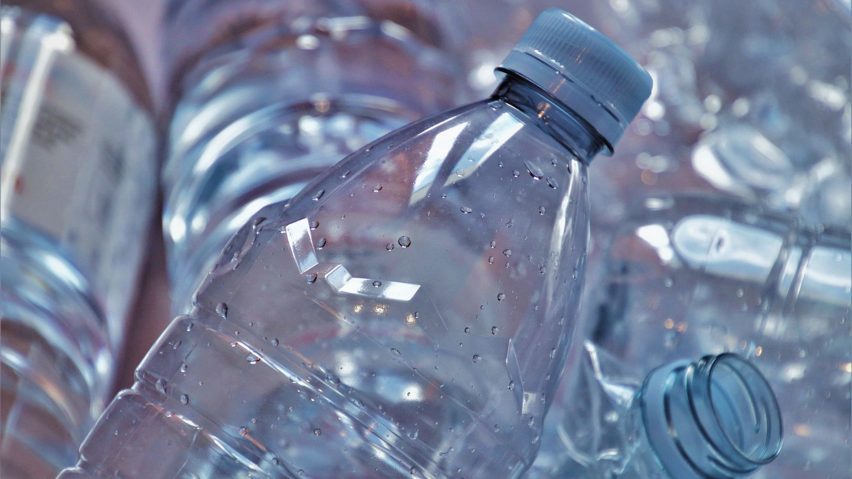
Recycled plastics often contain more toxic chemicals says Greenpeace
The process of recycling can actually make plastics more hazardous to human health, according to a recent Greenpeace report that calls on the United Nations to rule it out as a scalable fix for plastic pollution.
Released ahead of the second round of negotiations for the UN's Global Plastics Treaty, which will begin on Monday, the report compiles the findings of several peer-reviewed studies from across the globe.
These suggest that recycled plastics often contain higher concentrations of toxic chemicals such as flame retardants, benzene and other carcinogens than virgin plastic. Recycled plastics also contain "numerous endocrine disruptors that can cause changes to the body's natural hormone levels", according to the Greenpeace report.
Plastic recycling a "toxic endeavour"
Chemicals in recycled plastics have been linked to cancer, cardiovascular disease, obesity and other health issues, the report says. These can affect not just the end-user of the recycled product, but also frontline communities and workers involved in the process.
Combined with the fact that less than nine per cent of plastic waste is recycled globally, Greenpeace argues these findings suggest that the UN's Global Plastics Treaty should focus on capping and phasing down plastic production, instead of treating recycling as a silver bullet solution.
"The science clearly shows that plastic recycling is a toxic endeavour with threats to our health and the environment all along the recycling stream," said Therese Karlsson, a science advisor with the International Pollutants Elimination Network (IPEN) who worked on the report.
"Simply put, plastic poisons the circular economy and our bodies, and pollutes air, water, and food," she added. "Real solutions to the plastics crisis will require global controls on chemicals in plastics and significant reductions in plastic production."
Chemicals compound through recycling
Virgin plastic already contains more than 3,200 chemicals that are known to be hazardous to human health, according to the United Nations Environment Programme (UNEP), which can be transferred over into the recycled product.
On top of that, plastic waste can be contaminated with other toxins in the waste stream, the report says; for example when it comes into contact with containers for pesticides and cleaning solvents.
The recycling process itself can also create new hazardous chemicals such as benzene and brominated dioxins, according to Greenpeace, as the plastics are heated and their different hazardous chemicals combined.
"There are a lot of chemicals within plastic and every time you recycle them, you compound them up," Sian Sutherland, co-founder of environmental organisation A Plastic Planet, told Dezeen.
"So it is no coincidence that recycled plastic was until recently not allowed to be used to be in contact with food."
Designers conflicted about role of plastics
Last year saw 193 countries agree to draw up a legally binding UN treaty to end plastic pollution by 2024, known as the Global Plastics Treaty. And now, UNEP is hosting the second round of negotiations in Paris starting next week.
The role of recycling in solving the world's plastic pollution crisis is highly contested among designers.
Some, including designer Richard Hutten and Belgian curator Jan Boelen, argue that big brands are using recycling as a smokescreen to create an illusion of change while continuing to produce more and more virgin plastics.
Others, among them the CEO of the Ellen MacArthur Foundation Andrew Morlet, argue that durable, recyclable plastics can form part of a circular economy.
The photo is courtesy of Pixabay.